Graffiti in Pompeii set to rewrite history books
Eruption of Mount Vesuvius may have occurred months after initially thought
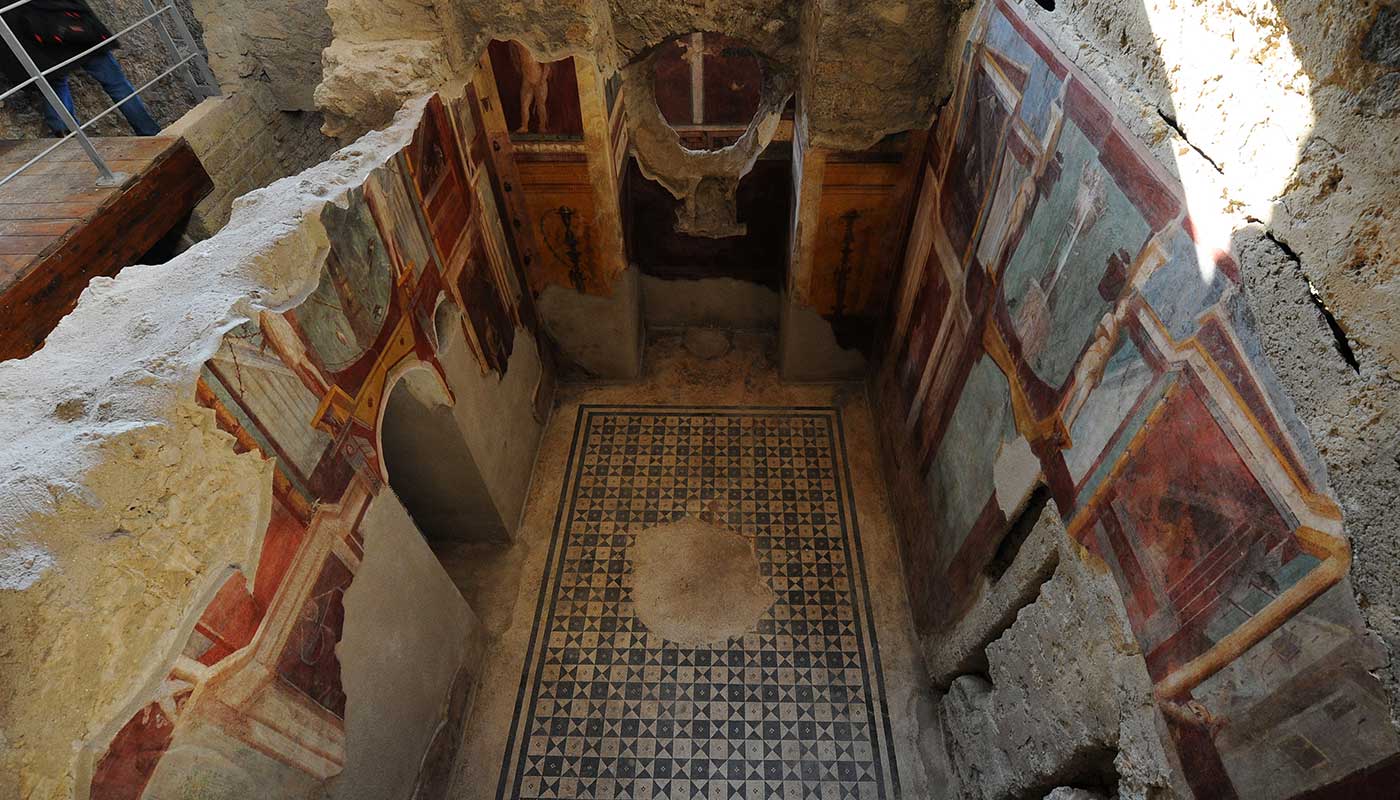
A free daily email with the biggest news stories of the day – and the best features from TheWeek.com
You are now subscribed
Your newsletter sign-up was successful
Archaeologists working in the ancient Roman city of Pompeii have uncovered graffiti that has thrown into question the long-held belief that the catastrophic eruption of Mount Vesuvius occurred on 24 August, 79 AD.
Recent excavations of a room in the Regio V area of the city have revealed a charcoal inscription reading “XVI K Nov” – meaning “the 16th day before the calends of November, or October 17 in the modern calendar”, CNN says.
“It is highly probable that it can be dated to the October of 79 AD, and more precisely to a week prior to the great catastrophe,” the archaeology team said in a statement.
The Week
Escape your echo chamber. Get the facts behind the news, plus analysis from multiple perspectives.

Sign up for The Week's Free Newsletters
From our morning news briefing to a weekly Good News Newsletter, get the best of The Week delivered directly to your inbox.
From our morning news briefing to a weekly Good News Newsletter, get the best of The Week delivered directly to your inbox.
Writing for Forbes, bioarchaeologist Kristina Killgrove says the graffiti translates from Latin to read “On October 17, he over-indulged in food” – and was written in charcoal in a section of a home that was in the process of being renovated when Mount Vesuvius erupted.
A free daily email with the biggest news stories of the day – and the best features from TheWeek.com
-
 Quiz of The Week: 14 – 20 February
Quiz of The Week: 14 – 20 FebruaryQuiz Have you been paying attention to The Week’s news?
-
 The Week Unwrapped: Do the Freemasons have too much sway in the police force?
The Week Unwrapped: Do the Freemasons have too much sway in the police force?Podcast Plus, what does the growing popularity of prediction markets mean for the future? And why are UK film and TV workers struggling?
-
 Properties of the week: pretty thatched cottages
Properties of the week: pretty thatched cottagesThe Week Recommends Featuring homes in West Sussex, Dorset and Suffolk
-
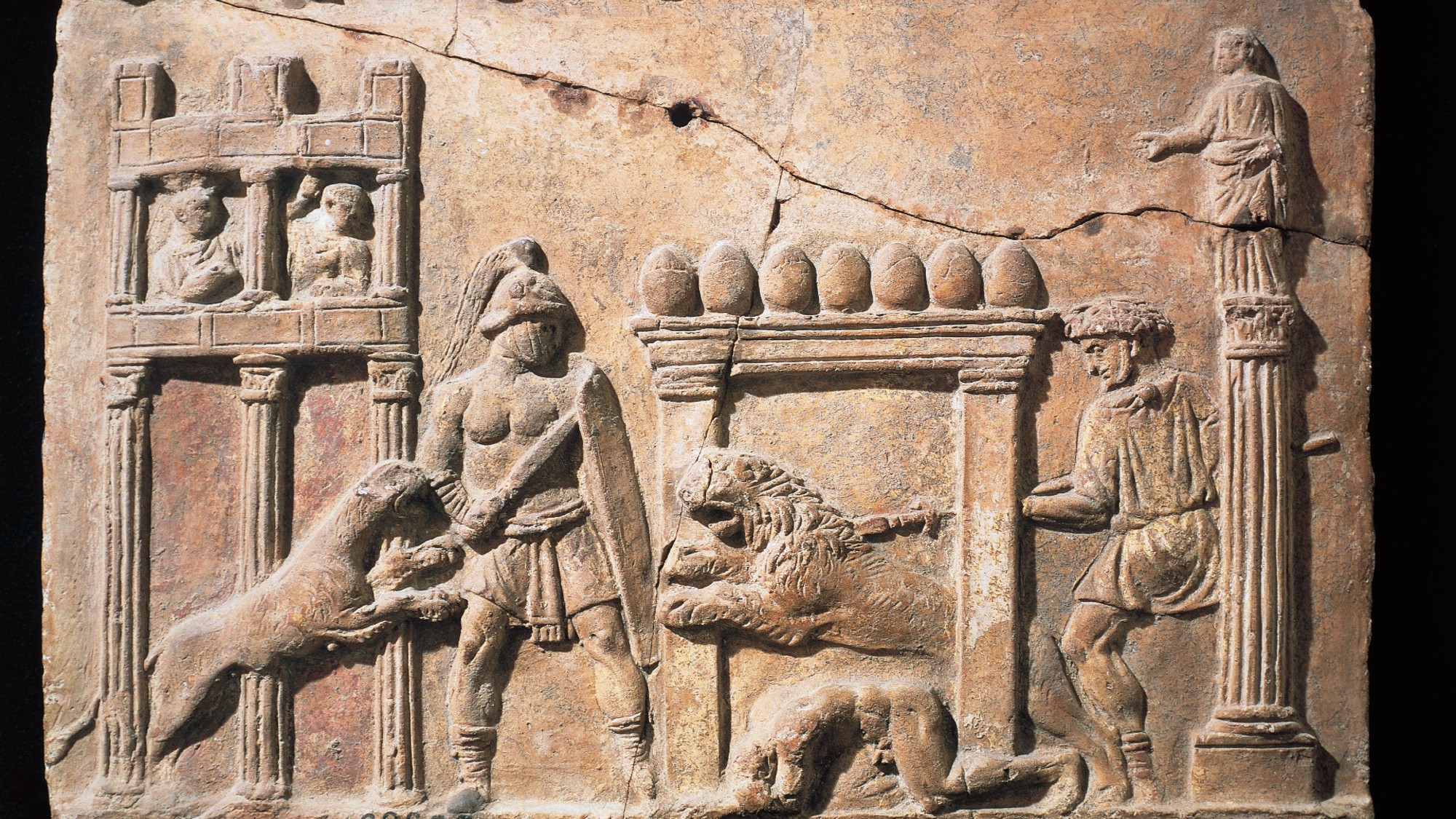 Scientists have found the first proof that ancient humans fought animals
Scientists have found the first proof that ancient humans fought animalsUnder the Radar A human skeleton definitively shows damage from a lion's bite
-
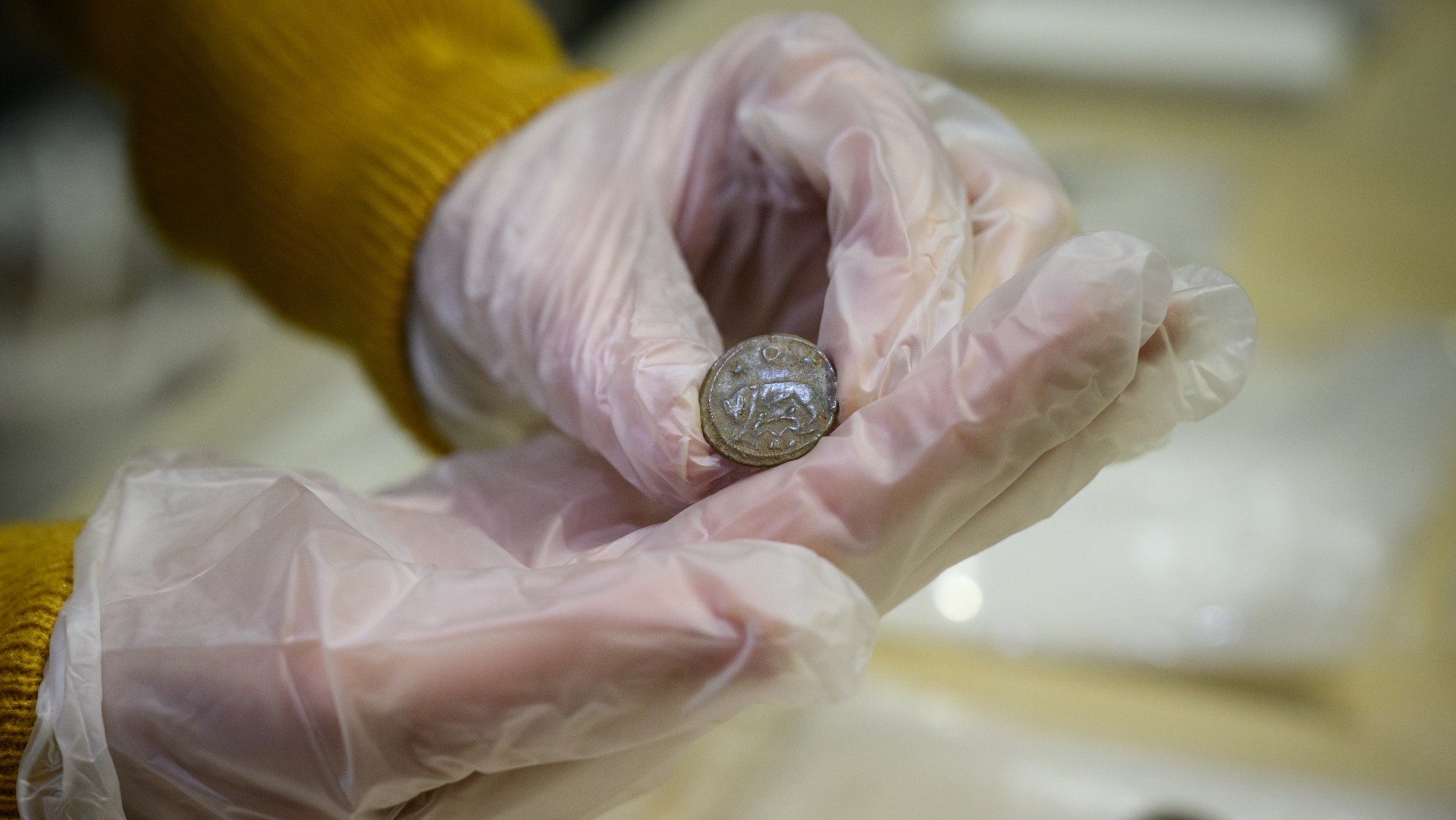 The mystery of Roman coins discovered on remote Baltic Sea island
The mystery of Roman coins discovered on remote Baltic Sea islandSpeed Read Archaeologists have found two silver denarii coins in area where ‘contact with Romans was limited’
-
 Windrush activist lists ‘100 great black Britons’
Windrush activist lists ‘100 great black Britons’Speed Read The Black History Month project celebrates individuals who collectively span the past 400 years
-
 BLM: almost 100 National Trust properties linked to slavery and colonialism
BLM: almost 100 National Trust properties linked to slavery and colonialismSpeed Read Review reveals ‘uncomfortable truths’ behind homes owned by famous figures including Winston Churchill and Rudyard Kipling
-
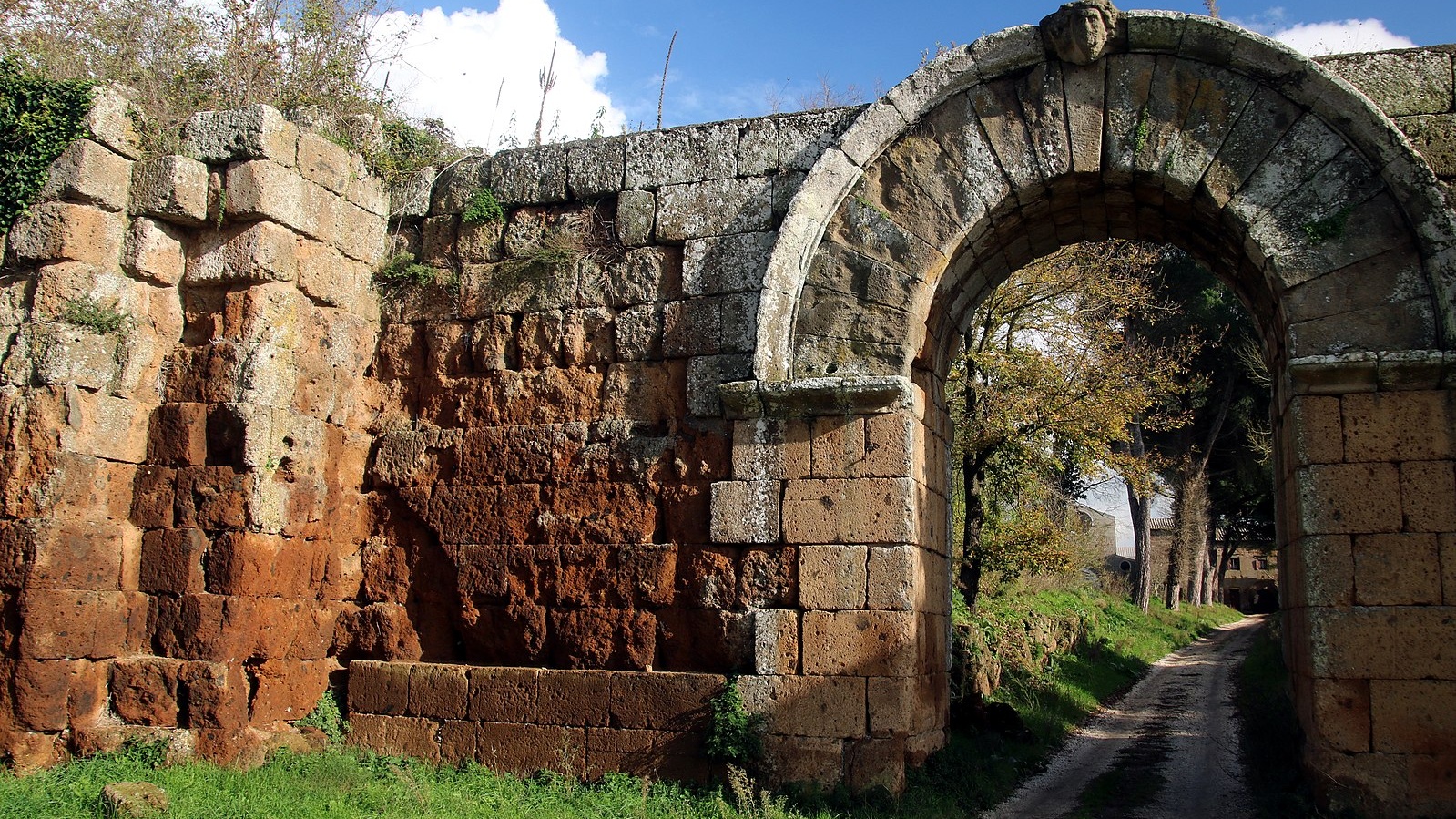 Archaeologists map Roman city using ‘quad bike and radar’
Archaeologists map Roman city using ‘quad bike and radar’Speed Read New scanning system reveals ‘elaborate’ details of ancient settlement
-
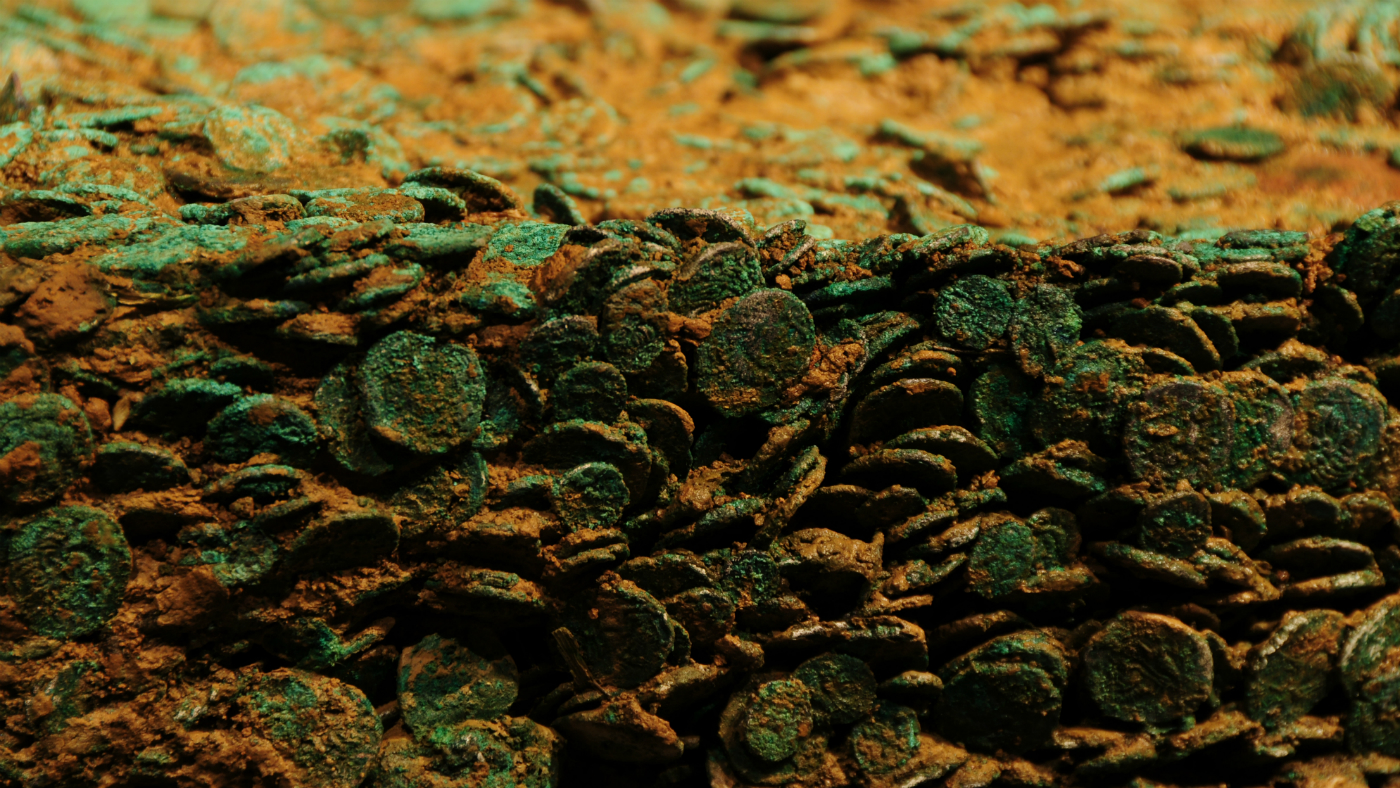 Iron Age coins: how record-breaking £10m hoard was discovered
Iron Age coins: how record-breaking £10m hoard was discoveredSpeed Read Two amateur treasures hunters handed Guinness World Records title after unearthing pre-Christian haul on Jersey
-
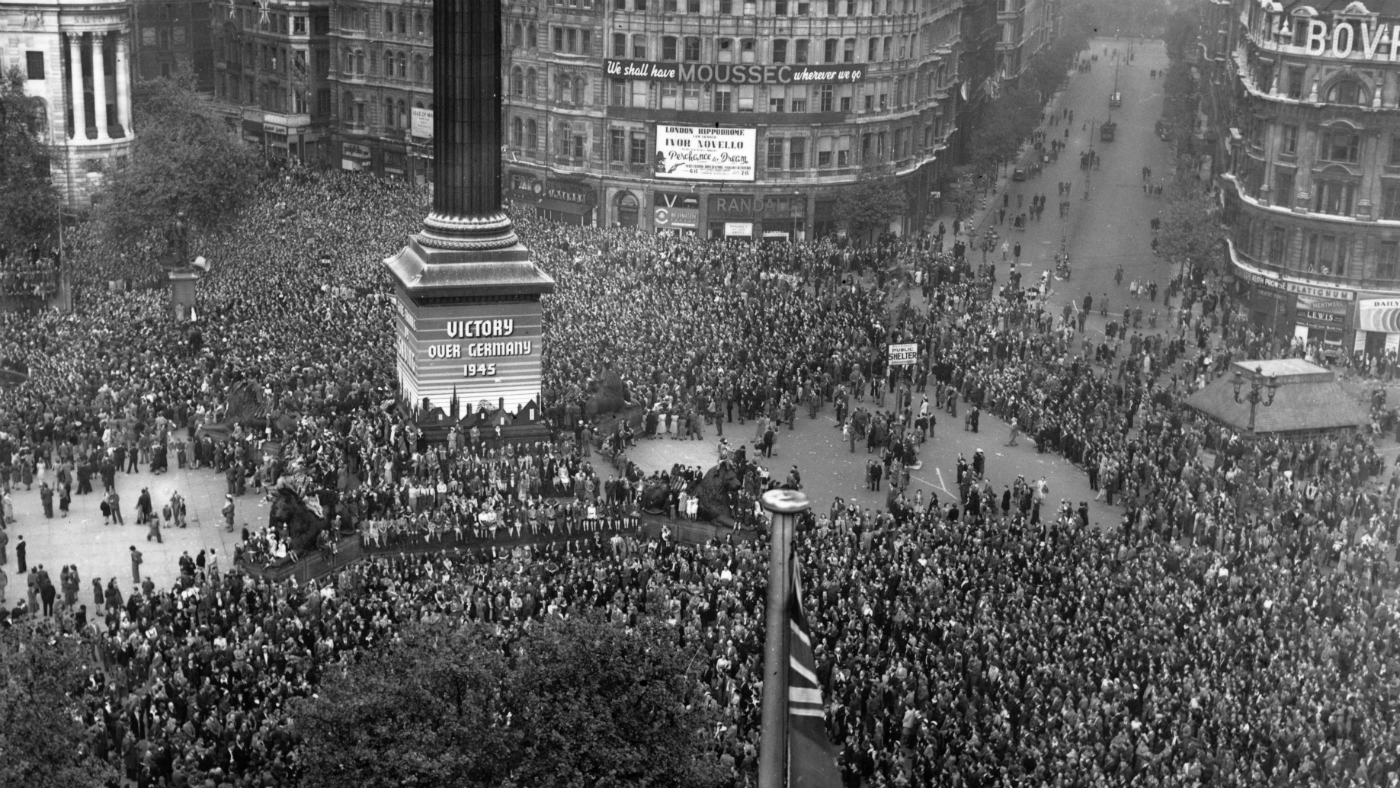 Why May Day bank holiday is set to move in 2020
Why May Day bank holiday is set to move in 2020Speed Read Government considering switching date in order to mark VE Day anniversary
-
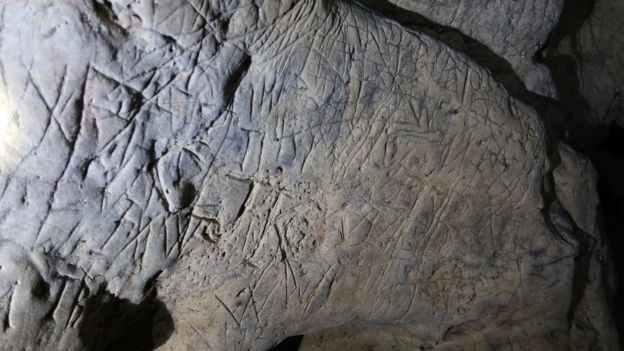 Mystery of Nottinghamshire ‘witch cave’
Mystery of Nottinghamshire ‘witch cave’Speed Read Cave carvings initially thought to be graffiti now believed to be UK’s biggest collection of ‘apotropaic’ signs